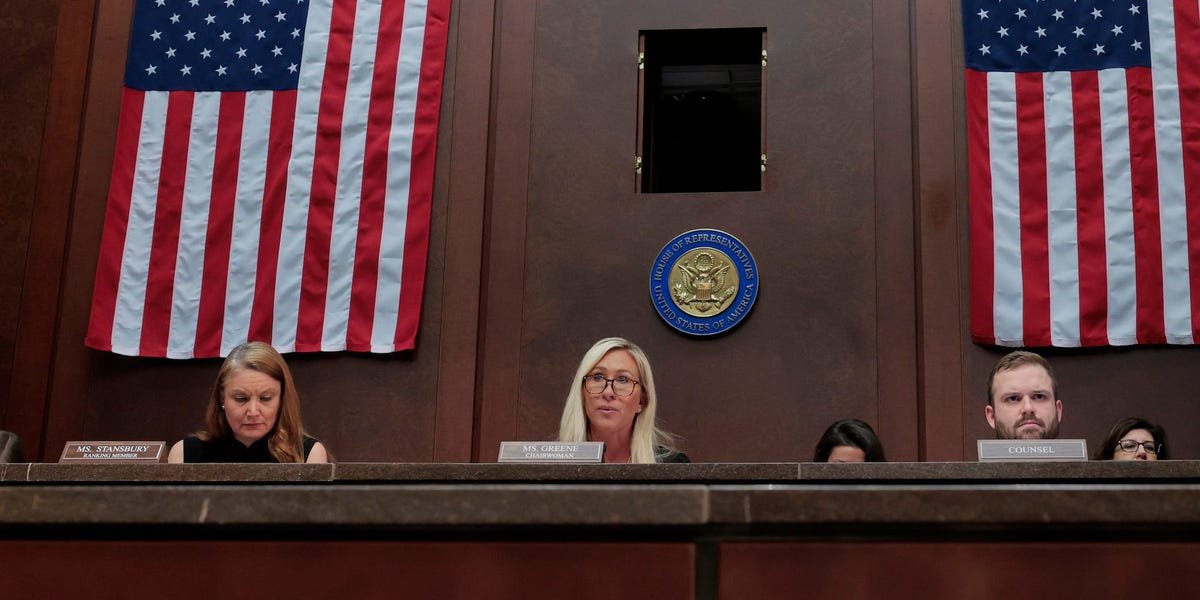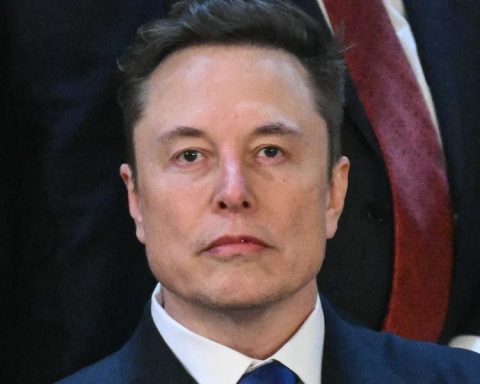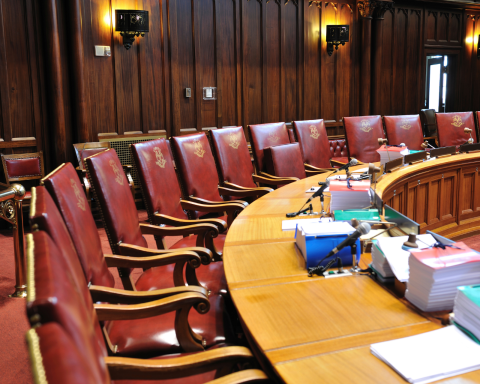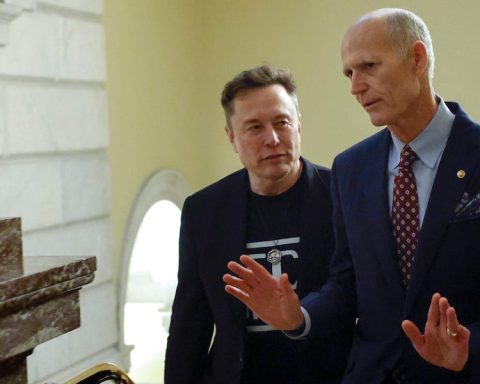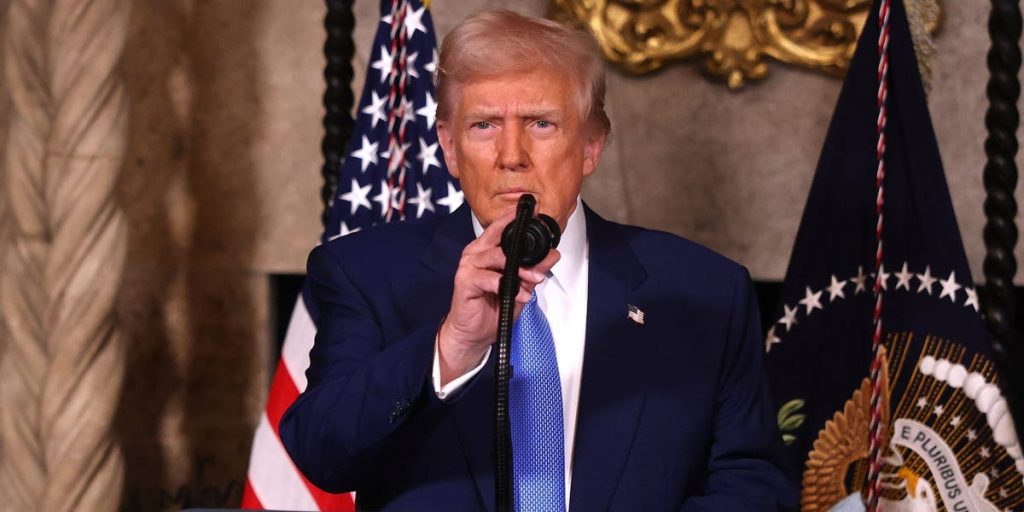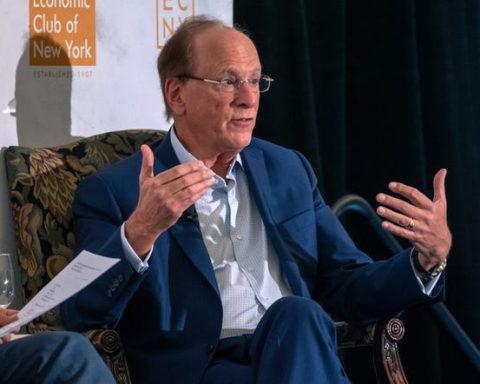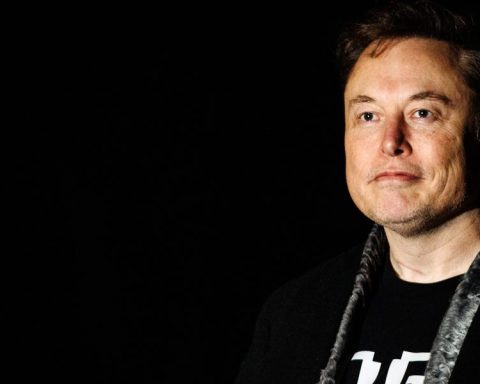When DOGE was first introduced, GOP lawmakers anticipated taking a leading role. However, just one month into Trump’s presidency, they found themselves mostly sidelined. A prominent DOGE-focused lawmaker expressed a desire for greater input from legislators. The excitement among Republican lawmakers was evident when Elon Musk and Vivek Ramaswamy visited Capitol Hill in December to promote their newly launched “Department of Government Efficiency.” In response, GOP leaders established a DOGE subcommittee chaired by Republican Rep. Marjorie Taylor Greene of Georgia and initiated DOGE caucuses in both chambers to centralize legislative efforts, with even bipartisan support in the House. “If this is where that conversation is going to happen,” Democratic Rep. Jared Moskowitz of Florida remarked to BI at the time, “I’m happy to be at the table.”
Fast forward two months, and it’s apparent that pivotal DOGE discussions aren’t occurring within Congress, nor are important decisions being made there. Instead, even Republican supporters of DOGE have been left watching from the sidelines as Musk’s team has dismantled entire agencies, frozen federal funds, and claimed control over the federal workforce — actions that have sparked a surge of lawsuits and concerns about a constitutional crisis. Concurrently, these lawmakers are facing backlash from the public over the cuts associated with DOGE, with some suggesting that the initiative should be slowed down.
Rep. Blake Moore of Utah, a co-chair of the House DOGE caucus, shared on Tuesday that he felt “very encouraged” during Musk’s Capitol visit in December, where lawmakers presented various efficiency proposals they had spent years developing. “There was a strong interest in collecting input on initiatives we’ve been working on,” Moore told BI. “I want to see more of that.”
Musk’s rapid approach to transforming the federal bureaucracy has made the more measured efforts in Congress seem almost outdated. Later that Tuesday, members of the House DOGE caucus organized a “DOGE Day” press conference, showcasing an array of bills aimed at reducing government waste. However, when it was time for Q&A, the discussion quickly shifted away from these bills to focus on Musk’s ongoing cuts.
Rep. Aaron Bean of Florida, another co-chair, described the “uncomfort factor” among Congress members due to the rapid pace of changes. “Many members of Congress have never experienced this speed,” Bean stated. “But I can assure you, it is necessary.”
Despite acknowledging their increasingly passive role, Republicans on Capitol Hill have maintained that they remain in control of federal fund distribution and bureaucratic structure. Some attribute their inactivity to the slow legislative process in Congress. “Congress will have its time,” remarked Rep. Greg Murphy, a Republican from North Carolina involved in the DOGE caucus. “Considering the slow movement of Congress and the challenge of aligning 535 opinions, this is one area where the executive branch has stepped in.”
Some members argue that the administration’s actions, such as withholding congressionally-approved funds and terminating thousands of workers, are merely a “review,” asserting that Congress will ultimately have the final word. Yet others, like Republican Rep. Michael Cloud of Texas, worry about the lingering impact of the executive decisions driven by President Trump and Musk. “We need to codify what President Trump is doing,” Cloud, a member of both the DOGE caucus and subcommittee, told BI. “Otherwise, it will just be a fleeting moment in history.”
Sen. Rand Paul is advocating for the administration to present a rescission bill to Congress, asserting that attempting to impound funds would be “messy,” likely facing legal challenges and protracted delays. “Rescission will not face any challenges,” the Kentucky Senator assured BI. “It’s a much cleaner approach.”
Once again, Congress found itself overshadowed by DOGE on Wednesday when Greene’s DOGE subcommittee convened a hearing focused on the United States Agency for International Development (USAID). During nearly two hours of testimony, few Republican members acknowledged the glaring issue — that the agency is already shut down and nonfunctional. Following the hearing, Greene maintained that Congress was still actively engaged in DOGE. “We are fulfilling our role here on the DOGE subcommittee,” Greene asserted. “We’re investigating waste, fraud, and abuse, making our recommendations, and hopefully translating those into legislative actions.”
